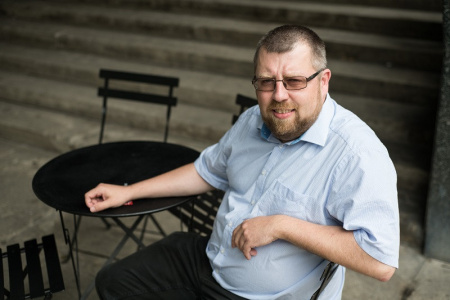On Sunday, January 16, we commemorate the anniversary of Jan Palach's act of defiance. How do pupils in schools perceive his personality today or how to conceive of the events of 1969? We asked Dr. Jaroslav Pinkas from the Department of History and Didactics of History.

It is hard to generalise. But we shouldn’t expect pupils to think exactly what we think. The topic of Palach is essential for a part of a middle-aged generation, but for pupils, it is just another topic that we could label as a ‘history for adults’ – as something that they are not directly concerned about.
The topic of Palach is complicated, while the absoluteness of his act is incomprehensible for most fifteen-year-olds. One of the possible solutions might be the explorational approach toward the personality of Jan Palach. It is very important to choose the right question. In the spirit of education based on a controversy, it is vital to choose a question that doesn’t polarise and doesn’t tell pupils what to think (an example of an inconvenient question would be: Was Jan Palach a madman?).
We can for instance, ask questions about Palach’s intentions. Series of sources might then show that he had particular political plans, which show that it wasn’t an act of an insane person. It is good to tell Palach’s story from a longer time perspective. The story doesn’t end with his funereal, nor with the relocation of his grave, not with the Jan Palach week in the year 1989. Even in the present days, pieces of work reflecting his act are created – films, memorials, artistic objects.
Generally, I like to use films during my lessons. However, to present the topic of Palach, I would recommend using short documentaries from the year 1969 instead of films produced over the last few years. Free adaptations of historical events are usually not an obstacle as far as didactics are concerned. However, here we broach an extremely sensitive topic. If we use these films, it would be more suitable for remembering Palach – analysing how does contemporary pop culture work with it.

My attitude towards Palach has changed over the course of time. We obviously didn’t talk about him at primary school, which I attended during the communist regime.
At high school, we talked about him a lot, but it was in a sense that we used to talk about Fučík at primary school. I didn’t quite understand why we should praise a suicide. Even later, I remained critical – I perceive any political situation as a long-term and concrete commitment, not as a big moral gesture.
However, I am now more understanding that even big moral gestures are sometimes desirable.
Photo: René Volfík